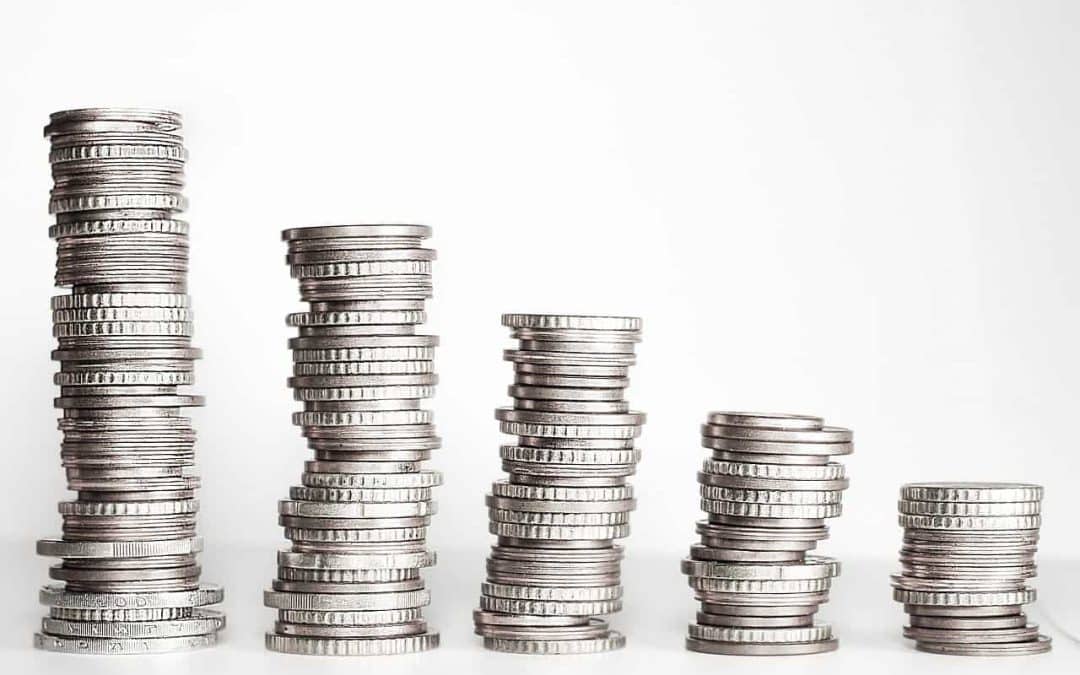Source: The Salt Lake Tribune
Are there benefits to compounding interest? That depends, are you paying the interest or are you earning it? Let’s take a look at three different scenarios.
SCENARIO ONE: What does the bank make on your money in your savings or money market account? Banks are a business too, big business. The answer will shock those that have never considered what happens to your money on deposit at a bank.
Let’s start by looking at the 50/30/20 Financial Rule. The concept is that 50% percent of your income is spent on your living expenses (this number does not fluctuate), 30% is discretionary money so that you can live life to the fullest, and 20% is what you should be putting away so you can party like a rockstar when you retire.
Before the 20% part of the rule can apply, the emergency fund must be created. Typical advice for an emergency fund is to estimate how long it will take you to find a job and put away the corresponding amount of expenses. This is an egotistical way of looking at your emergency fund, but you are the best judge of your abilities. For example, I prefer to keep six months of income in cash, which is twice as long as I think it will take me to find another job at my current salary. Remember, this is an emergency fund, so this money never changes, and is always available for me if needed.
Now, let us look at what the bank makes on my emergency fund money on an annual basis versus what they pay me. I have $60,000 in my emergency fund at a national recognized bank in a money market account. I love that the bank refers to money market accounts as “high yielding”. Who is earning the high yield? Maybe the banks are referring to it as high yielding because that is their portion. Having spent some time in the banking world, I can tell you from experience that the minimum return to the bank is 2% for the money on deposit. Yes, I said minimum because bank’s structure their deposit investment strategies differently. That means for every year they pay me $150.00 for graciously parking my emergency fund, the bank earns $1,050.00 (this is based on 2%, although I think it is more likely 5% or $2,850). Let’s not forget the bank is making compounding interest on my money year, over year too.












